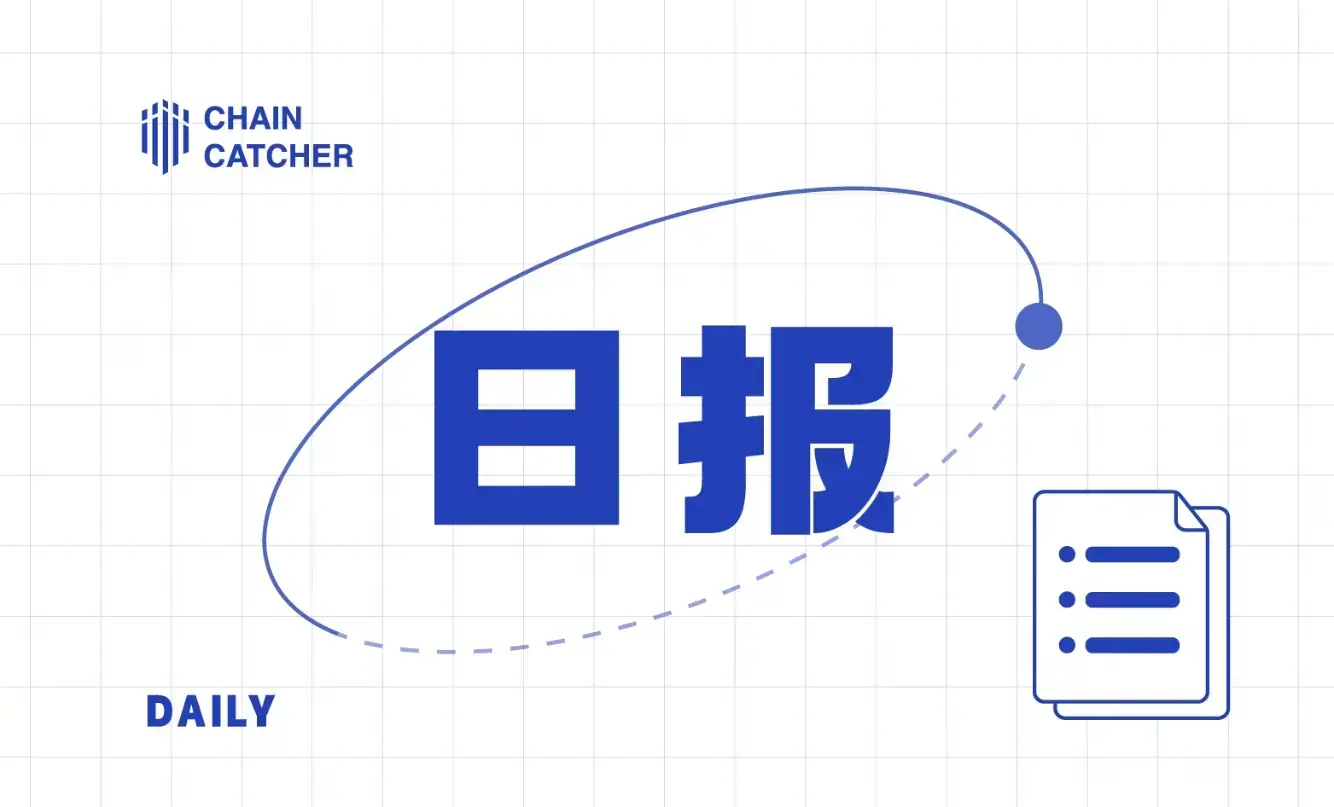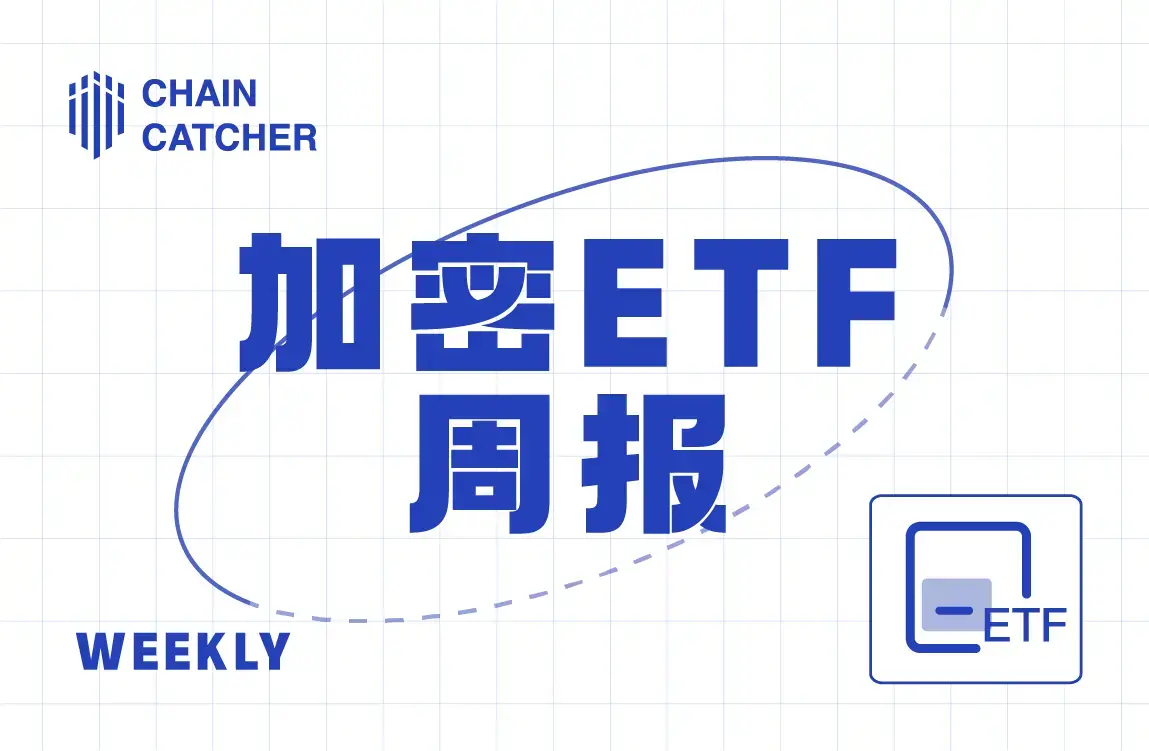Annual revenue of 43 billion dollars, how does Galaxy Digital surpass BlackRock in the sprint for a U.S. IPO?
Original: Galaxy Digital, with $43bn in revenue, is twice the size of BlackRock. How?
Editor: Edward Robinson, DL News
Translation: lenaxin, ChainCatcher
Introduction
- Galaxy Digital is about to go public in the United States.
- Despite its smaller size, its revenue is exceptionally large.
- Nearly 99% of the company's revenue comes from digital asset sales.
What do Netflix, Starbucks, and Visa have in common?
In terms of revenue, each of these household names is much smaller than Galaxy Digital, at least at first glance.
According to its IPO prospectus filed with the U.S. Securities and Exchange Commission (SEC), the company, led by CEO Michael Novogratz, is projected to achieve a record total revenue of $42.6 billion in 2024, placing it among the top five in Fortune's list of the 500 largest U.S. companies.
Shocking Performance
This astonishing performance has attracted widespread market attention: how does a company that has been established for only seven years and has just 520 employees generate annual revenue that is twice that of BlackRock, the world's largest asset management company with 19,800 employees? The answer may lie in its unique financial reporting methods.
Galaxy's revenue structure shows that its income primarily comes from service fees, Bitcoin mining, and other businesses. However, its financial statements indicate that its digital asset sales contribute nearly 99% of its total revenue.
So where is the problem? Why mix business revenue with sales of Bitcoin, Ethereum, USDT, and other cryptocurrencies?
When DL News sought guidance from Galaxy Digital's media relations team, they were informed that the company could not comment as it was in a quiet period before its IPO.
Trading Volume
Galaxy's revenue recognition method is to directly count the digital asset transactions executed for clients as total revenue. According to its financial documents, clients include centralized cryptocurrency exchanges like Coinbase.
"The way companies in the trading space present trading volume and commissions varies," said Mark Palmer, a fintech and digital asset analyst at Benchmark Co. "Galaxy has chosen to fully recognize the transaction amount as revenue."
"For Galaxy Digital, its financial reporting presents the transaction volume as total revenue," Palmer told DL News.
Matthew Foreman from Falcon Rappaport & Berkman added, "This is common among market makers."
It is certain that when calculating net profit, Galaxy Digital deducts the sales of digital assets as transaction fees from total revenue, and after adding other costs, the net profit reported by the company last year was $347 million.
Matthew Foreman, a partner and co-chair of the tax department at Falcon Rappaport & Berkman in New York, also believes that the company's multi-billion dollar revenue scale is indeed unusual. By offsetting revenue with transaction fees, Galaxy Digital's financial treatment resembles that of a market maker—an institution that provides liquidity to the market.
"I can't confirm their specific operations, but this treatment aligns with the typical characteristics of a market maker—whether it's digital assets, corn futures, or any other asset class or subclass," Foreman told DL News.
Further analysis indicates that Galaxy Digital's accounting treatment shows it exists as a "trading entity" that directly controls assets, rather than as an "intermediary" or "broker" that executes trades on behalf of clients.
"In digital asset trading and market-making, due to the extremely large transaction volumes, this accounting treatment can have significant implications," Foreman stated.
Three Main Operating Departments
Galaxy Digital does more than just sell digital assets.
The company is divided into three operating departments.
- Global Markets: Provides financial services and products to investors and operates the trading and investment banking departments;
- Asset Management: Offers actively managed and passively managed investment products to retail and institutional clients;
- Digital Infrastructure Solutions: Covers digital asset infrastructure services, including Bitcoin mining.
The global markets business generates revenue through paying clients. Additionally, its fourth-quarter financial report disclosed that this business also includes realized and unrealized gains from digital asset and equity investments.
The Asset Management department not only manages investments for the company and its subsidiaries but also provides asset management services to clients, with its financial statements also including accounting for realized and unrealized gains and losses on underlying asset investments. Although Galaxy Digital's astonishing revenue scale has attracted market attention, this is merely a characteristic of operations unique to the cryptocurrency industry.












